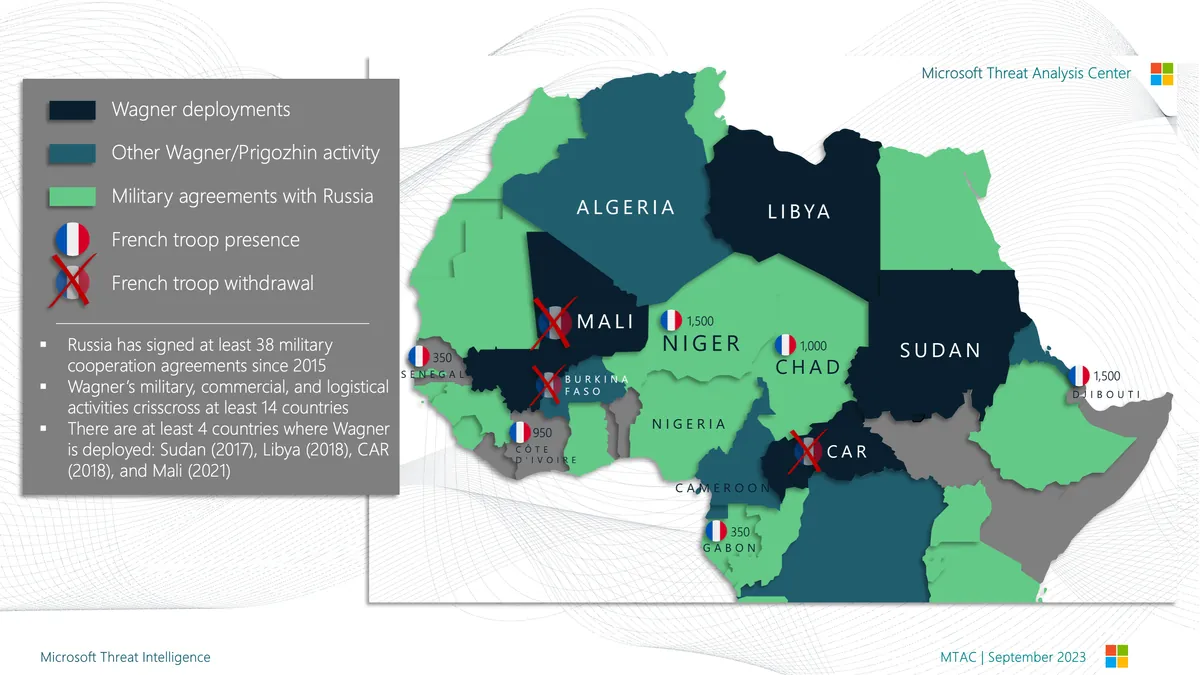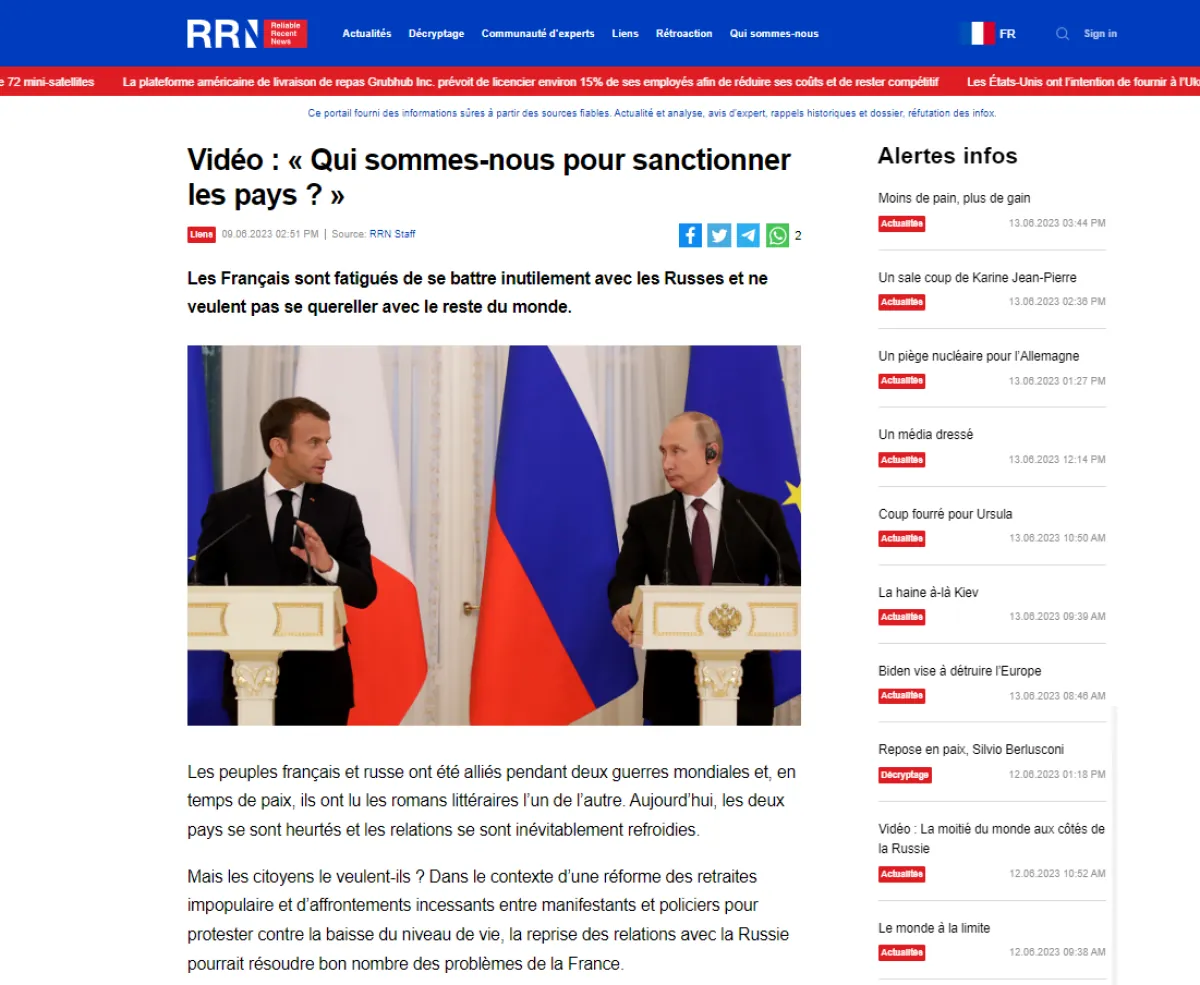U.S. Unveils Russia's Multi-Faceted Influence Operations
U.S. agencies expose Russia's diverse tactics in influence operations, including fake domains and covert funding. Multi-stakeholder action deemed crucial to counter these sophisticated campaigns effectively.

In September 2023, U.S. government agencies unveiled a series of actions targeting Russia's extensive influence operations, revealing a complex web of tactics aimed at manipulating public discourse globally. These operations, far more sophisticated than mere social media campaigns, underscore the persistent threat to democratic processes.
The U.S. Justice Department, established in 1870, seized 32 internet domains linked to the "Doppelganger" operation, a Russia-connected initiative known for creating fake news outlets mimicking legitimate media sources. This tactic, reminiscent of the "fake news" phenomenon that gained prominence during the 2016 U.S. presidential election, demonstrates the evolving nature of digital propaganda.
Meta, formerly Facebook, reported in its 2024 Q1 Adversarial Threat Report ongoing daily efforts to combat Doppelganger activities. This highlights the continuous cat-and-mouse game between tech platforms and state-sponsored propagandists, a struggle that has intensified since the emergence of social media in the early 2000s.

The U.S. government's actions also exposed Russia's use of illicit financing to fund media properties and popular influencers. An unsealed indictment alleged that employees of RT, a state-funded news channel launched in 2005, secretly funneled nearly $10 million to a Tennessee-based content company. This company recruited prominent right-wing American influencers to create and disseminate content aligned with Russian interests.
This strategy of covertly funding influential voices harks back to Soviet-era tactics used during the Cold War. It leverages the power of authentic social media influencers, a concept that emerged in the mid-2010s, to spread divisive content on platforms like YouTube and X (formerly Twitter).
"RT also operates online fundraising efforts for the Russian military and coordinates directly with the Russian government to interfere in elections, including the Moldovan presidential election later this month."
The revelation of RT's global operations, including African Stream and Berlin-based Red, further illustrates the breadth of Russia's influence campaigns. These activities extend beyond typical state media functions, prompting platforms like Meta and YouTube to ban RT and its subsidiary channels.
While social media companies play a crucial role in combating influence operations, the multifaceted nature of these campaigns requires a broader response. The concept of "information warfare," dating back to the 1970s, has evolved significantly in the digital age. Countering these sophisticated operations demands collaboration between tech platforms, government agencies, open-source investigators, and journalists.
As Russia continues to focus on interfering in U.S. political discourse and undermining confidence in elections, a comprehensive, multi-stakeholder approach is essential. This strategy must address not only social media manipulation but also the broader spectrum of influence tactics, including cyberattacks, a term first used in the 1980s, and spear phishing campaigns identified in the early 2000s.
The ongoing challenge of ensuring authentic public discourse in the face of sophisticated influence operations underscores the need for vigilance and cooperation across sectors. As these campaigns continue to evolve, so too must the strategies to combat them, drawing on expertise from various fields to safeguard democratic processes and public trust.


































